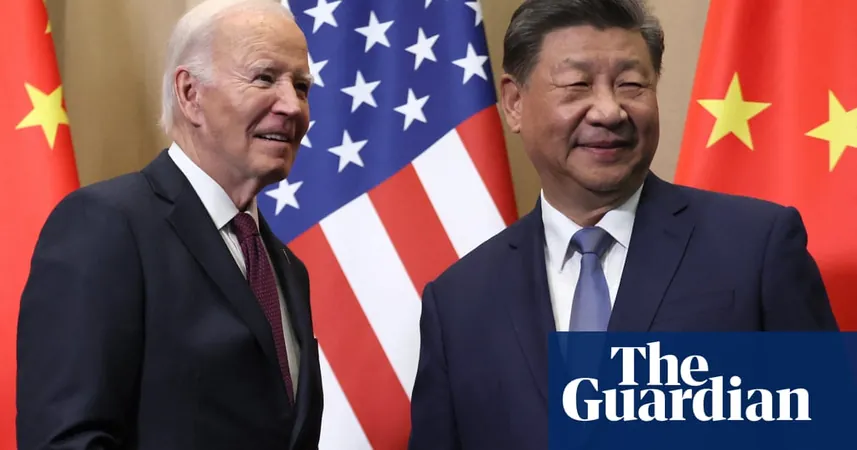
Escalating Tensions: Biden Urges China to Restraint Amid North Korean Troop Deployments in Ukraine
2024-11-18
Author: Michael
In a critical move to curb escalating tensions in the ongoing Ukraine conflict, U.S. President Joe Biden has implored Chinese President Xi Jinping to use his influence to dissuade North Korea from increasing its support for Russia. This conversation arises in light of North Korea’s controversial deployment of troops to assist Russia in its invasion of Ukraine, prompting grave concerns from the United States, China, and several European nations.
During a significant encounter at the annual Asia-Pacific Economic Cooperation summit, Biden emphasized that North Korea’s military involvement contradicts China’s publicly declared position advocating against escalations in the conflict. National Security Adviser Jake Sullivan highlighted Biden's request for Xi to leverage China’s capacity to prevent further deterioration of the situation, specifically regarding the introduction of North Korean forces.
Meanwhile, Japan is also stepping up its diplomatic efforts. Japan's Foreign Minister, Takeshi Iwaya, arrived in Kyiv to reinforce his nation's unwavering support for Ukraine in light of North Korea's growing military alliance with Russia. Iwaya is set to meet with his Ukrainian counterpart Andrii Sybiha to discuss potential sanctions against Russia and the implications of North Korean troop involvement—which he warned could have "extremely significant" ramifications for regional security in East Asia.
In the United Kingdom, all-party MPs are rallying the government to back Ukraine in its pursuit of a "just peace" through diplomatic channels and augmented military aid. Ukrainian President Volodymyr Zelenskyy reiterated this call, stating the need for a resolution by early 2025 and expressing hope for a diplomatic conclusion to the conflict. This timeline coincides with the significant milestone of the third anniversary of Russia's invasion.
The Group of Seven (G7) nations, which includes some of Ukraine’s strongest allies, declared that Russia continues to be a major obstacle to peace. In a statement marking 1,000 days of the conflict, they committed to imposing stringent sanctions on Moscow and reiterated their solidarity with Ukraine.
On the ground, Russian military operations continue to advance. Reports from Russia's defense ministry indicate the capture of two more villages in the eastern Donetsk region, although Ukrainian military responses have not corroborated these claims. President Zelenskyy has alluded to heavy Russian casualties and suggests that advances by Moscow have begun to slow in certain areas.
In an intriguing side note to the geopolitics, four Russian and Belarusian nationals detained in Chad for over a month have returned to Moscow. Among them was Maxim Shugalei, identified as a sociologist but linked by Western institutions to Russia's notorious Wagner Group, under EU sanctions for orchestrating disinformation campaigns in Africa.
As the situation in Ukraine remains volatile, the international community is watching closely, with rising concerns over the implications of further North Korean military involvement and the geopolitical repercussions for the region and beyond.
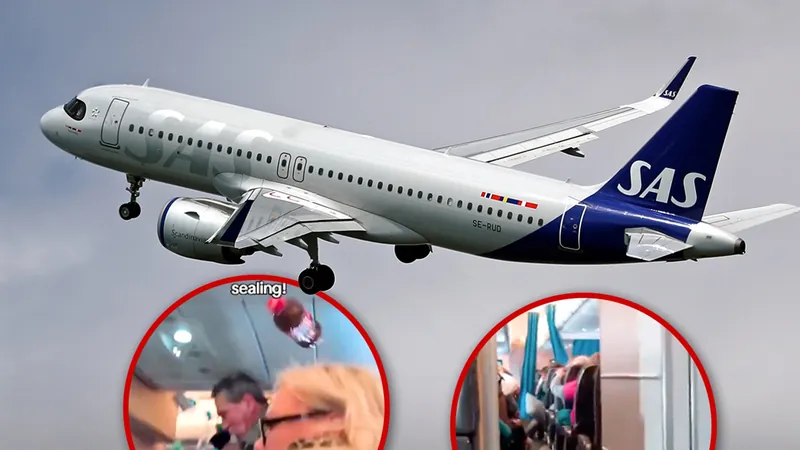
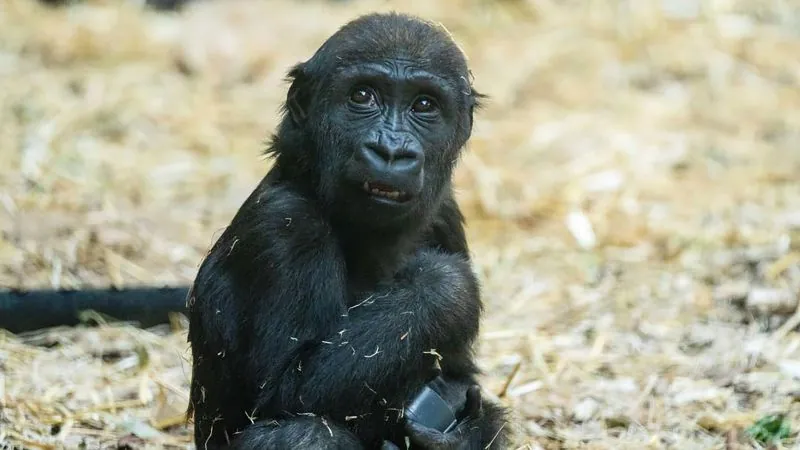

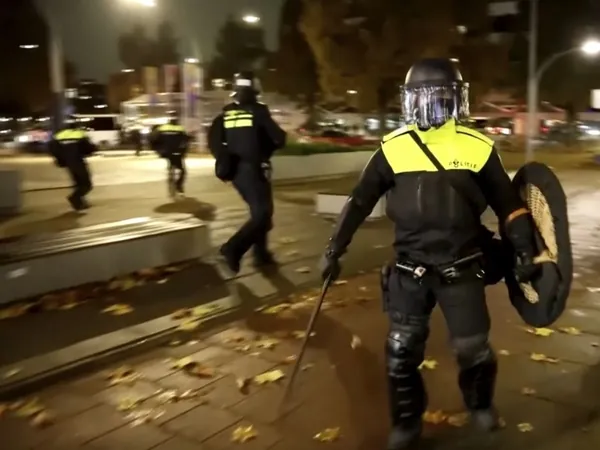


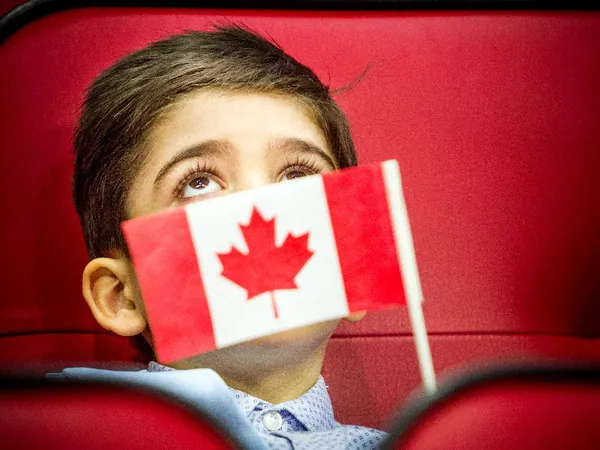

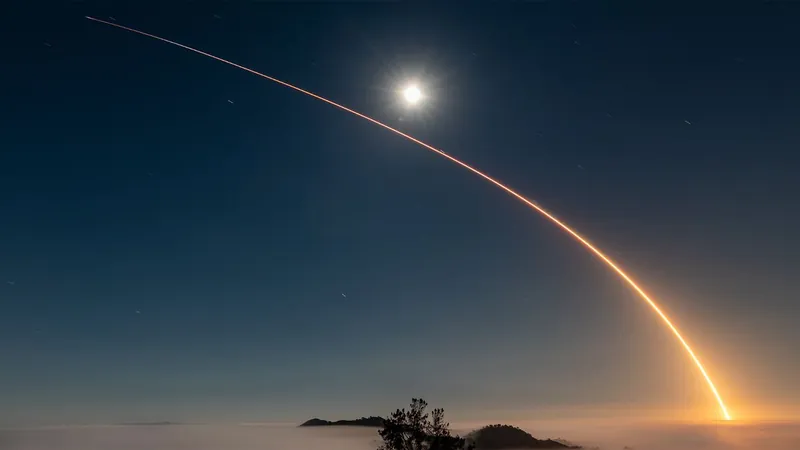
 Brasil (PT)
Brasil (PT)
 Canada (EN)
Canada (EN)
 Chile (ES)
Chile (ES)
 España (ES)
España (ES)
 France (FR)
France (FR)
 Hong Kong (EN)
Hong Kong (EN)
 Italia (IT)
Italia (IT)
 日本 (JA)
日本 (JA)
 Magyarország (HU)
Magyarország (HU)
 Norge (NO)
Norge (NO)
 Polska (PL)
Polska (PL)
 Schweiz (DE)
Schweiz (DE)
 Singapore (EN)
Singapore (EN)
 Sverige (SV)
Sverige (SV)
 Suomi (FI)
Suomi (FI)
 Türkiye (TR)
Türkiye (TR)